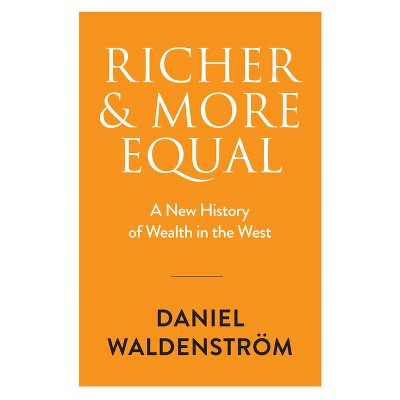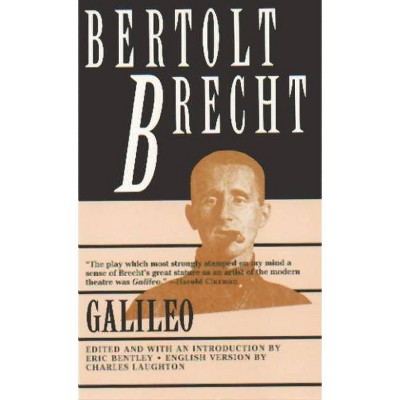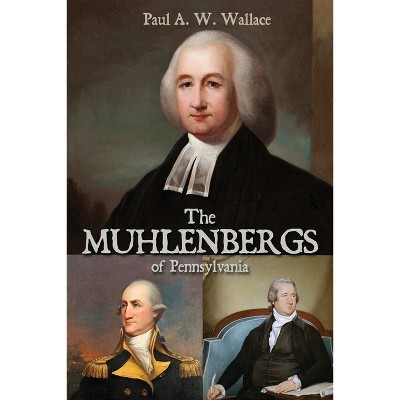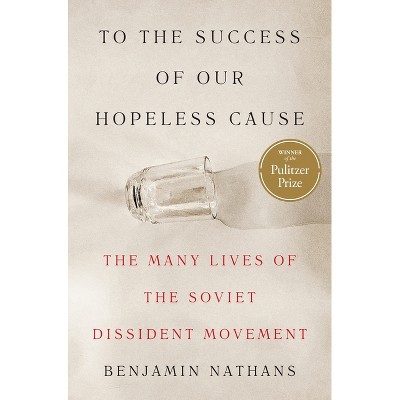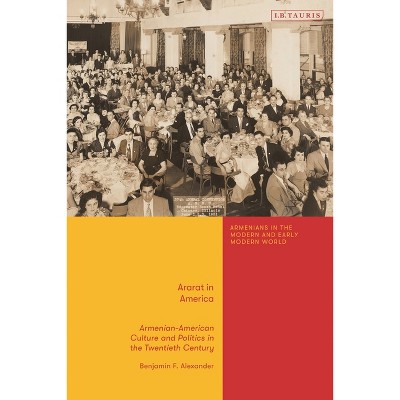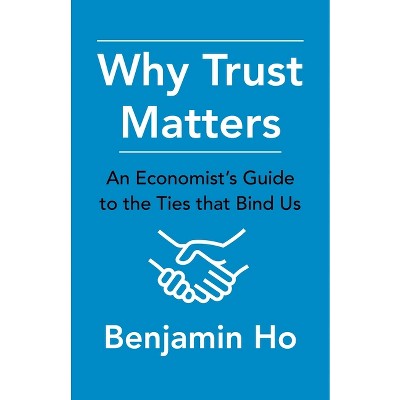Sponsored

Waking to Nature with Thoreau and Benjamin - by Rod Giblett (Hardcover)
$120.99
In Stock
Eligible for registries and wish lists
Sponsored
About this item
Highlights
- What do two white men born in the century before last have to say that could possibly be of any use or value in the current conjuncture of climate collapse, the end of the age of fossil fuels and much life on earth, and the recent re-rise of reactionary forces against progressive politics?Turns out, a lot, especially for waking to nature, place, life, social injustice, environmental destruction, industrial capitalism and its technologies.
- About the Author: Rod Giblett is Honorary Associate Professor of Environmental Humanities in the Writing and Literature Program at Deakin University, Australia.
- 232 Pages
- Literary Criticism, Comparative Literature
Description
Book Synopsis
What do two white men born in the century before last have to say that could possibly be of any use or value in the current conjuncture of climate collapse, the end of the age of fossil fuels and much life on earth, and the recent re-rise of reactionary forces against progressive politics?Turns out, a lot, especially for waking to nature, place, life, social injustice, environmental destruction, industrial capitalism and its technologies. Henry David Thoreau - an inspiration for William Melvin Kelley's writing on 'staying woke' - and Walter Benjamin suggest sensory means for waking the consumer asleep under the "phony spell" of the "putrid magic" of the commodity; provide tools of theory and critique for waking to sexism, racism, and placism; empower the weak with a robust vocabulary for telling the stories of people and places; create resources of hope and limit the prospect of despair about the future; and point to pathways for being at home with the living earth. These are all vital facets of psychopolitical ecology.
Waking to Nature with Thoreau and Benjamin discusses topics both writers share in common, such as memory, dreaming, waking, walking, water, swamps, lakes, the body, and the senses, and highlights convergences and divergences between them. It is the first book of psychopolitical ecology and the first to bring together these two timely thinkers and writers for whom life is the union of materiality and spirituality.
Review Quotes
Beyond the green humanities and blue humanities, this delightfully kaleidoscopic study awakens the possibility of, and multiple possibilities for, a blue-green terraqueous humanities. Giblett's marvelously inspired reading of Thoreau and Benjamin places them in a critical constellation that illuminates overlooked aspects of their individual work as well as unexpected connections between them.
Jason Groves, Associate Professor of German Studies, University of Washington, USA
To be 'woke' to the essence of life is to be awake to the ecologic richness of wetland environments. From this starting point, Giblett successfully finds common ground between two philosophers from their respective centuries that can help move our 21st-century world forward toward environmental sanity.
Robert Thorson, Professor of Earth Sciences, University of Connecticut, USA
About the Author
Rod Giblett is Honorary Associate Professor of Environmental Humanities in the Writing and Literature Program at Deakin University, Australia. He is author of 30 books, including Wetland Cultures: Ancient, Traditional, Contemporary (2024), Middlemarsh: The Hopkins River, Kindred Wetlands and Remarkable People (2023), and Cities and Wetlands: The Return of the Repressed in Nature and Culture (Bloomsbury, 2016).Dimensions (Overall): 9.0 Inches (H) x 6.0 Inches (W) x .56 Inches (D)
Weight: 1.05 Pounds
Suggested Age: 22 Years and Up
Number of Pages: 232
Genre: Literary Criticism
Sub-Genre: Comparative Literature
Publisher: Bloomsbury Academic
Format: Hardcover
Author: Rod Giblett
Language: English
Street Date: May 1, 2025
TCIN: 1004456855
UPC: 9798765129289
Item Number (DPCI): 247-34-1942
Origin: Made in the USA or Imported
If the item details aren’t accurate or complete, we want to know about it.
Shipping details
Estimated ship dimensions: 0.56 inches length x 6 inches width x 9 inches height
Estimated ship weight: 1.05 pounds
We regret that this item cannot be shipped to PO Boxes.
This item cannot be shipped to the following locations: American Samoa (see also separate entry under AS), Guam (see also separate entry under GU), Northern Mariana Islands, Puerto Rico (see also separate entry under PR), United States Minor Outlying Islands, Virgin Islands, U.S., APO/FPO
Return details
This item can be returned to any Target store or Target.com.
This item must be returned within 90 days of the date it was purchased in store, shipped, delivered by a Shipt shopper, or made ready for pickup.
See the return policy for complete information.
Frequently bought together
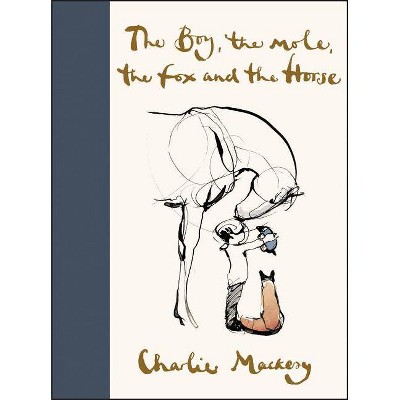
$18.10
MSRP $22.99
Buy 2, get 1 free select books, music & movies
4.9 out of 5 stars with 292 ratings
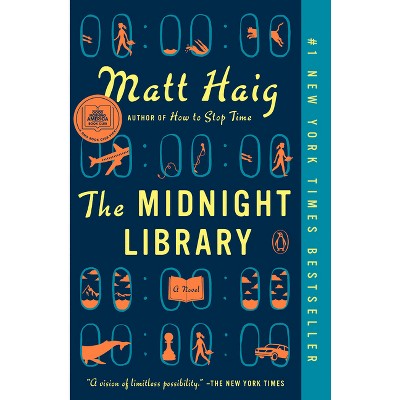
$9.54 - $22.96
Buy 2, get 1 free select books, music & movies
4.5 out of 5 stars with 238 ratings

$9.06
MSRP $16.99
Buy 2, get 1 free select books, music & movies
4.8 out of 5 stars with 201 ratings
Trending Book Deals

Highly rated
$22.80
MSRP $38.00
Buy 2, get 1 free select books, music & movies
4.8 out of 5 stars with 14 ratings

$9.85 - $23.09
MSRP $15.99 - $32.99
Buy 2, get 1 free select books, music & movies
4.8 out of 5 stars with 147 ratings

$3.90
Buy 2, get 1 free select books, music & movies
4.8 out of 5 stars with 167 ratings

$15.68
Buy 2, get 1 free select books, music & movies
4.8 out of 5 stars with 191 ratings

$15.19
Buy 2, get 1 free select books, music & movies
5 out of 5 stars with 11 ratings

